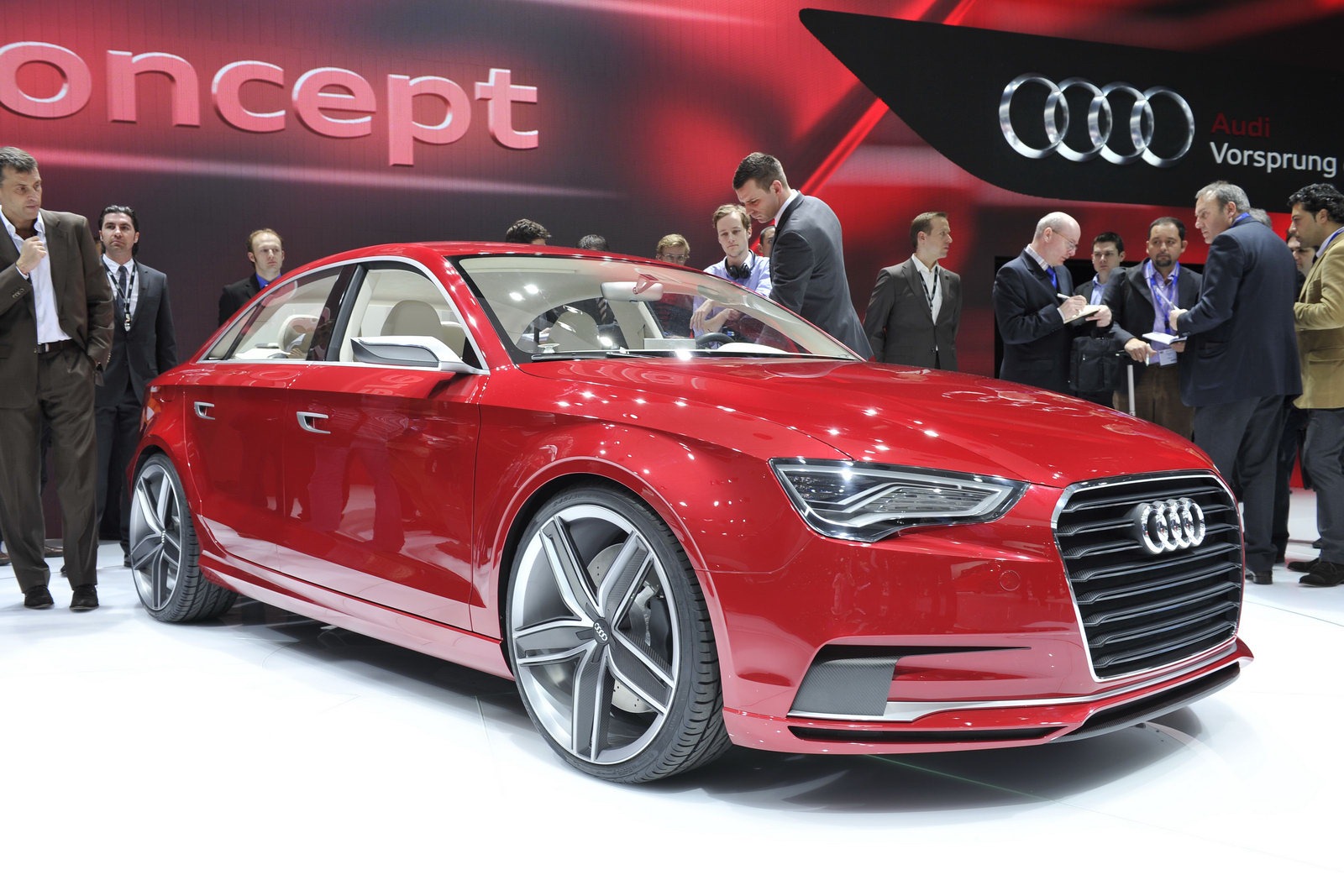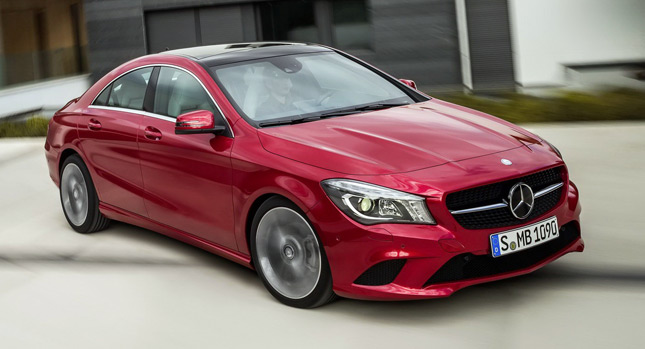There are 75 million 30- to 40-year old consumers in the U.S. right now and, according to Mercedes-Benz USA head of marketing Bernie Glaser, “they have big expectations for products and brands”.
The problem for automakers like Mercedes, Audi and BMW is that these buyers are not able and/or willing to pay the US$40,000 sticker price attached to premium vehicles. Yet they want to have their cake and eat it, too – or, as Glaser puts it, demand “attractive styled cars and the right technology”.
One way to attract those buyers is to lower the entry price: only last week, BMW announced that, starting this spring, it will offer a 320i sedan priced at US$33,445 (including destination) – that’s US$4,300 cheaper than today’s entry-level 328i.
“It’s a full-blown 3-Series” CEO of BMW North America Ludwig Willisch told Autonews. “We wanted a clear offer to attract younger people to enter the brand.”
Victor Leleu, the 3-Series product manager, says that the model’s average buyer is 46 years old. The 320i will appeal to those 30- to 40-year old buyers that “want the 3-Series, but it is a hard car for people who are in their first jobs to attain.”
The X1 small crossover, which starts at US$31,695, was BMW’s first attempt to lure younger customers that want a more affordable premium product.
These, though, are short-term solutions. Premium manufacturers plan to capture that younger demographic group by launching new models priced at US$30,000, most of which will be front-wheel drive, with all-wheel drive as an option.
The Mercedes-Benz CLA, which was recently shown in Detroit, is the first of this new breed and will soon be joined by the GLA small SUV.
From early next year, Audi will launch the new A3 sedan, with a sticker price below US$30,000 and the X1-rivalling Q3 small SUV with an MSRP around the $30k mark.
BMW will also offer a range of new models based on the front-wheel drive platform that was revealed at last year’s Paris Auto Show in the form of the Active Tourer concept. Although the Munich-based automaker won’t reveal what those models are, it has said that the platform will underpin at least 12 new or replacement vehicles for both the BMW and MINI brands.
It’s not just the Germans, either. Cadillac’s new ATS compact sports sedan starts at US$33,990 and Infiniti will replace the G37 with the Q50 and offer it with Mercedes-Benz-derived turbocharged four-cylinders, while also developing a smaller model based on the Etherea concept.
All these offerings are encroaching on the space that until recently, was occupied by mass-market manufacturers.
“You could argue that people will say ‘For just a little more money I can buy a Mercedes rather than the touring version of the Accord that goes for US$35,000’”, said IHS automotive analyst Rebecca Lindland. “It presents a threat to the mainstream marketplace and it is becoming more socially acceptable to be in a luxury vehicle”, she added.
John Mendel, executive vice president of American Honda Motor Co., believes that this strategy may dilute the premium brands’ image and backfire.
“You can de-content too much”, he said. “I don’t know if people buy a brand because it’s de-contented – if it’s Cartier but it’s not real silver. There’s a lack of genuineness if you err on the side of being the Ferrari of Costco.”
In the end, it all depends on the product: if the premium manufacturers manage to produce more affordable cars that are in line with their image, then it’s a win-win situation. If, on the other hand, they roll out the modern equivalent of the infamous Jaguar X-Type, then they’ll have to deal with the consequences.
By Andrew Tsaousis
Story References: Autonews
Source: http://carscoop.blogspot.com/2013/01/premium-brands-move-into-mass-market.html
PHOTO GALLERY

















0 comment:
Post a Comment